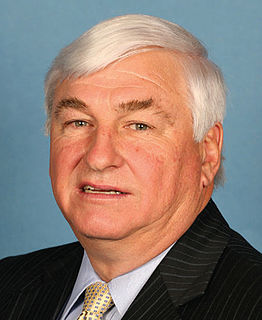A Quote by Douglas Hurd
No military timetable should compel war when a successful outcome, namely a disarmed Iraq may be feasible without war, for example by allowing more time to the UN inspectors.
Related Quotes
Yes and no. Because America has only about 1 percent of the population serving in the military, it is hard for many civilians to understand the sacrifices military families make. However, my experience is that after the Vietnam War, the public learned that they should support the military whether or not they support the war. You've seen that outpouring of support for the veterans of both Iraq and Afghanistan.
This Iraq war has been the most "privatized" war in America's history. It has seen the most extensive use of contractors. The contractors have increased the costs; but they have been necessary - the military simply could not have done it on their own. we would have had to increase the size of the military. But the George W. Bush Administration wanted America to believe that it could have a war, essentially for free, without raising taxes, without increasing the size of the armed forces.
We [with Shindzo Abe] should understand that the results of that terrible tragedy of the 20th century, namely World War II, are enshrined in corresponding international documents, and finding a way to settle all disputes without destroying the entire foundation of international law that evolved as a result of World War II is a highly delicate task. Therefore, I would like to reiterate that we cannot second-guess the course, let alone the outcome of our negotiations.
Dear rulers ... I maintain that the civil authorities are under obligation to compel the people to send their children to school. ... If the government can compel such citizens as are fit for military service to bear spear and rifle, to mount ramparts, and perform other martial duties in time of war, how much more has it a right to compel the people to send their children to school, because in this case we are warring with the devil, whose object it is secretly to exhaust our cities and principalities of their strong men.
In every major war we have fought in the 19th and 20th centuries. Americans have been asked to pay higher taxes - and nonessential programs have been cut - to support the military effort. Yet during this Iraq war, taxes have been lowered and domestic spending has climbed. In contrast to World War I, World War II, the Korean War and Vietnam, for most Americans this conflict has entailed no economic sacrifice. The only people really sacrificing for this war are the troops and their families.
The war against Iraq is as disastrous as it is unnecessary; perhaps in terms of its wisdom, purpose and motives, the worst war in American history... Our military men and women...were not called to defend America but rather to attack Iraq. They were not called to die for, but rather to kill for, their country. What more unpatriotic thing could we have asked of our sons and daughters...?
































